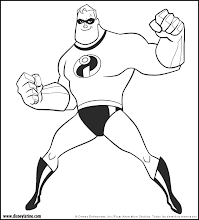The Wailers, featuring the young Bob Marley, Peter Tosh and Bunny Livingston, slowed down the beat in Simmer Down (1963). Millie Small's My Boy Lollipop (1964) was the first worldwide ska hit. The charismatic leaders of the ska movement were the Skatalites, a group of veteran ex-jazzmen led by saxophonist Tommy McCook and featuring virtuoso trombonist Don Drummond and tenor saxophonist Rolando Alphonso, that formally existed only between 1964 and 1965 ( Ball O' Fire , 1965; Phoenix City , 1966; the instrumental Guns Of Navarone , 1967), but ska's star was Desmond Dekker (Dacres), whose Israelites (1968) launched the even faster "poppa-top", and whose 007 Shanty Town (1967) and Rude Boy Train fueled the mythology of the "rude boy". Ska music was relatively serene and optimist, a natural soundtrack to that age of peace and wealth, somewhat akin to the music of the "swinging London".
Jamaica had become an independent country in 1962, but social problems had multiplied. During the mid Sixties, ska music evolved into "rock steady", a languid style, named after Alton Ellis' hit Rock Steady (1966), that emphasized sociopolitical themes, adopted electric instruments, replaced the horns with the guitars, and promoted the bass to lead instrument (virtually obliterating the drums). In other words, ska mutated under the influence of soul music
.Rock steady was identified with the crowd of young delinquents (the "rude boys") who mimicked the British "mods" and the American "punks". Its generational anthems were Judge Dread (1967) by Prince Buster, John Holt's The Tide Is High (1966) by the Paragons, Rivers Of Babylon (1969) by the Melodians. The music took the back seat to the vocal harmonies
Saturday, November 1, 2008
Subscribe to:
Post Comments (Atom)



No comments:
Post a Comment